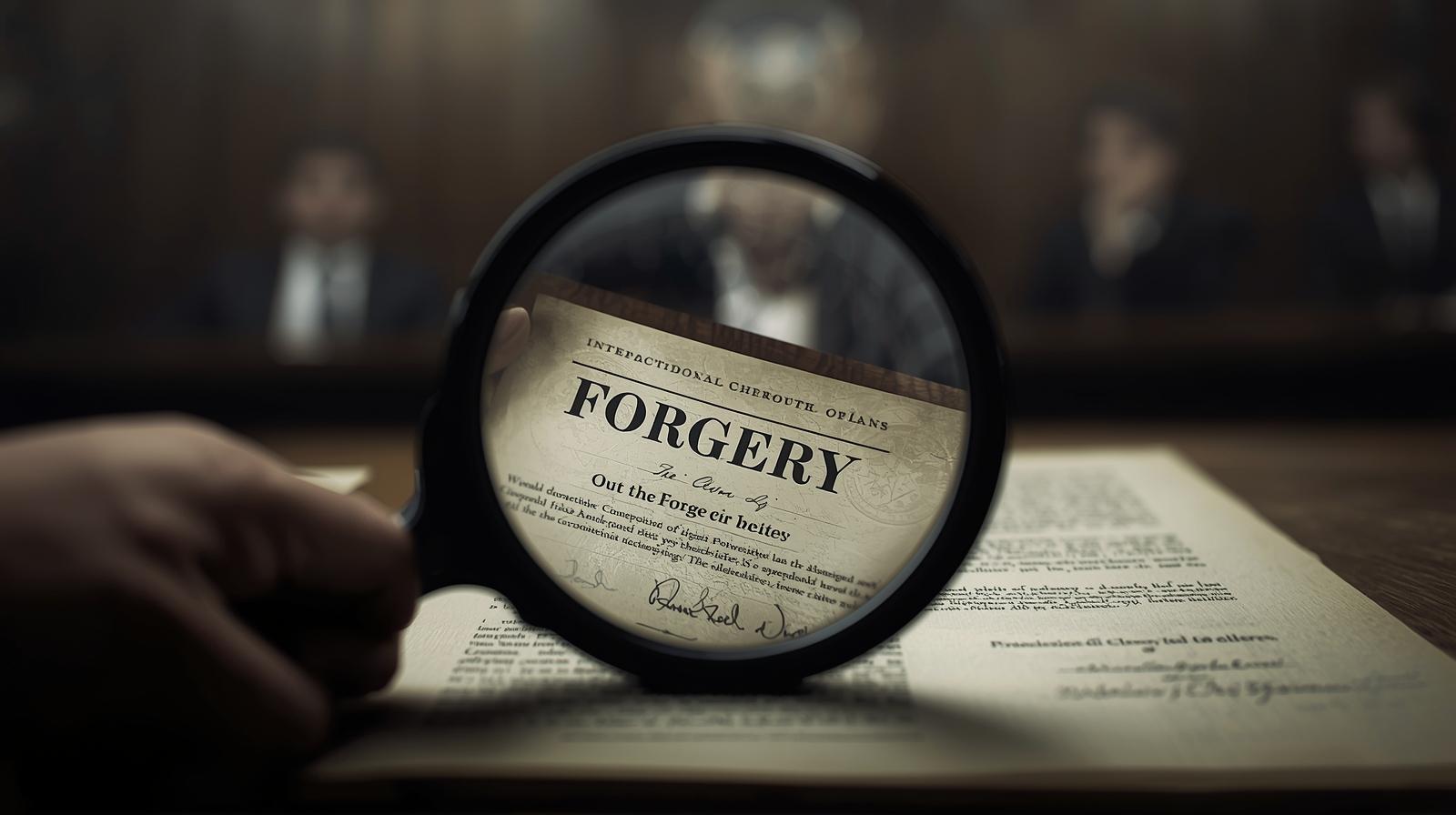Examining the Supreme Court's Emphasis on Legal Proof and Fair Trial Rights
In a pivotal judgment delivered on September 11, 2025, the Supreme Court of India set aside the conviction in the case of Vandana v. State of Maharashtra, highlighting critical aspects of criminal jurisprudence, specifically the necessity of proof beyond reasonable doubt and the accused's right to a fair trial. This decision underscores the judiciary's commitment to upholding legal standards and ensuring justice.
Case Background
The appellant, Vandana, had been convicted by the lower courts for allegedly tampering with documents to secure admission in a Bachelor of Social Work (BSW) course. The case hinged on accusations of forgery and cheating under Sections 420, 468, 471, and 511 of the Indian Penal Code (IPC). However, the Supreme Court found significant lapses in the prosecution’s case, ultimately leading to the reversal of the conviction.
Key Issues Addressed
1. Lack of Direct Evidence and Expert Opinion: The Supreme Court stressed that the conviction was unsafe as it was based merely on visual inference of overwriting without any corroborative handwriting or forensic expert opinion. The judgment cited the absence of reliable evidence proving that Vandana had tampered with the documents herself or had exclusive control over them during the alleged forgery.
2. Chain of Custody and Suspicion: The Court noted that the documents passed through multiple hands, including administrative scrutiny by college authorities, before being flagged as tampered. This disrupted the chain of custody, making it implausible to conclusively attribute the forgery to Vandana. The judgment reaffirmed that suspicion, however grave, cannot replace the standard of legal proof required for criminal conviction.
3. Mens Rea - Requirement of Dishonest Intention: The prosecution failed to establish Vandana's dishonest intention or knowledge of falsity concerning the documents. The Supreme Court emphasized that the absence of mens rea, a crucial element for the offenses under Sections 420 and 471 IPC, vitiated the conviction.
4. Section 313 CrPC - Right to Fair Trial: The judgment highlighted procedural lapses in the trial, particularly the flawed application of Section 313 of the Code of Criminal Procedure. Incriminating circumstances were put to the accused in compound questions, which prejudiced her defense, violating the statutory right to a fair trial.
Implications of the Judgment
This judgment is a testament to the judiciary's role in safeguarding the rights of individuals against wrongful convictions. It reiterates the principle that criminal conviction must be founded on robust evidence and that procedural fairness is indispensable in criminal trials. The decision serves as a reminder to law enforcement and judicial bodies to meticulously adhere to legal protocols, ensuring that justice is not only done but seen to be done.
Conclusion
The Supreme Court's ruling in Vandana v. State of Maharashtra sets a significant precedent in criminal law, emphasizing the importance of legal proof over suspicion and the necessity of a fair trial. This judgment will likely influence future cases involving allegations of forgery and cheating, reinforcing the judiciary’s commitment to upholding constitutional rights and legal standards. As the legal community reflects on this landmark decision, it underscores the need for vigilance in protecting the innocent from miscarriages of justice.
Vandana v. State of Maharashtra, (SC) : Law Finder Doc id # 2777238




